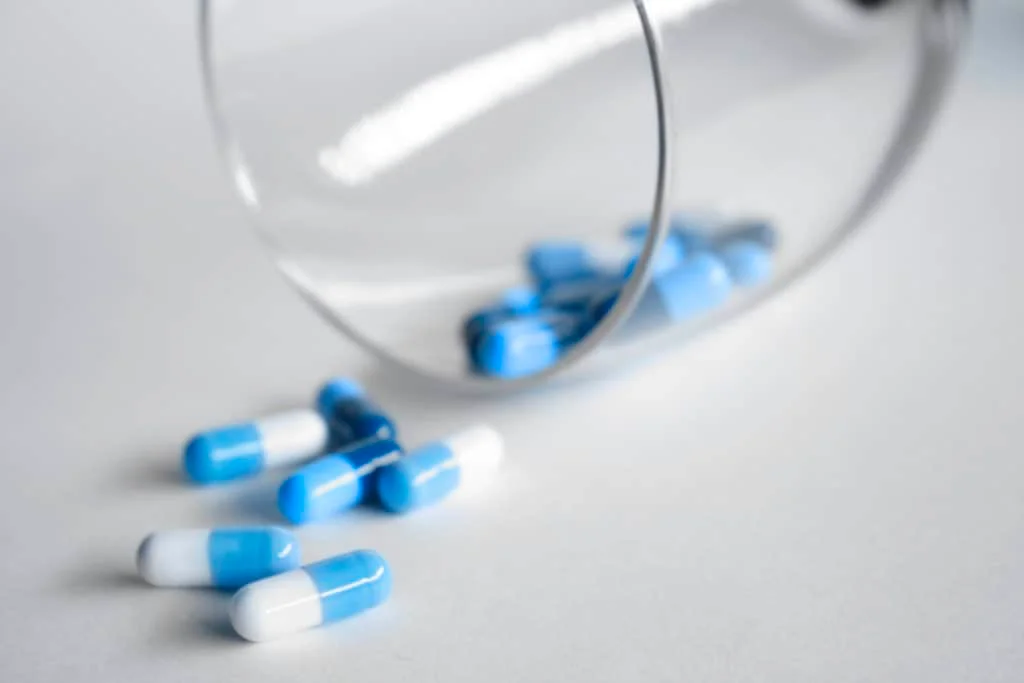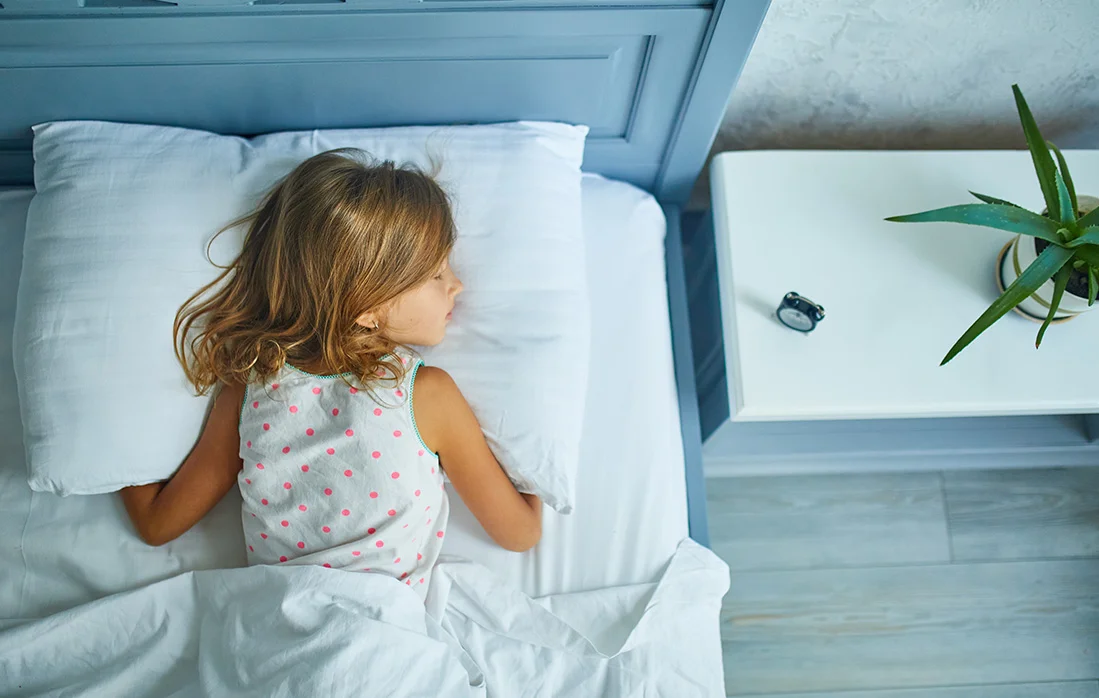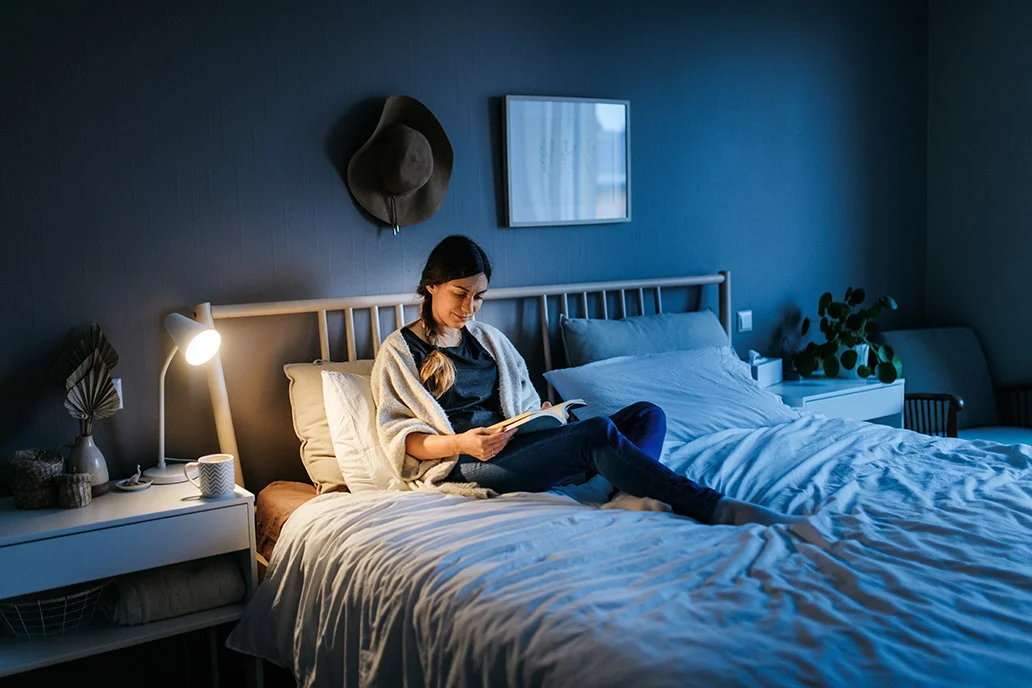
If you’ve struggled sleeping and turned to a pill to get some rest, you’re not alone. A new Sleepopolis survey finds that 81 percent of Americans have tried a natural sleep aid or supplement to help them fall and/or stay asleep.
“Sleep aids come in many forms,” Michael A. Grandner, PhD, director of the sleep and health research program and an associate professor of psychiatry at University of Arizona College of Medicine, tells Sleepopolis News. (Dr. Grandner reviewed the survey results but didn’t participate in collecting data.)
Some sleep aids are hormones that are considered drugs in other countries (like melatonin), while others like chamomile are herbal or botanical compounds. Some natural sleep aids are individual nutrients like magnesium.
Sleepopolis surveyed 1,003 adults in the United States this month. Of the respondents, about 47 percent said they currently took a sleep aid. About 50 percent were somewhat satisfied with their choice, while about 17 percent said they were completely happy with it.
Natural sleep aids and supplements (think magnesium or melatonin) are more commonly used than over-the-counter or prescription sleep aids. Still, 6 percent of survey respondents said they take a prescription sleep aid and 7 percent say they take something over-the-counter like Tylenol PM. In terms of natural supplements, melatonin came in first, as 71 percent of those surveyed tried it. More than half have taken it in the past month, and 28 percent said they take it three or more days a week.
Why are we popping pills at night? Of people who took an aid, 78 percent said they did so to get some help falling asleep.
Sleep Aid Safety
When it comes to supplement safety, do your research because it’s hard to tell if you’re getting a quality product.
“Supplements are not FDA-regulated in the same manner as prescription medications and so the actual contents may diverge from what the labels say,” Michael K. Scullin, PhD, an associate professor of psychology and neuroscience at Baylor University, tells Sleepopolis News. He wasn’t involved in the survey but reviewed the results to share a comment.
For example, Scullin cited a report out earlier this year in JAMA that found melatonin gummies often had double the amount of melatonin as the label said (1). The study found that sometimes the supplements had less or even no detectable melatonin, he notes.
“Things like melatonin are generally safe, but should be taken with consultation of a physician because sometimes there are interactions with some prescription medications,” Scullin adds.
Which natural sleep aid is generally the safest?
“There is none that is the ‘safest’ because all supplements are quite safe for long-term use,” Grandner says. “The problem isn’t safety, it’s that they are often ineffective, or not effective how they are used.”
Ceasing Sleep Aids
Wonder if you’ll ever give up a sleep aid if you find one that works? The survey also looked at people who ditched sleep aids — and why they did so.
The most common reason for people stopping their go-to sleep pill is because they didn’t feel like they needed it anymore, as was the case for 34 percent of respondents. Others stop taking them because they don’t feel like they help; that’s what 23 percent of respondents said.
“Most sleep aids are probably safe long-term, but if you feel like you need them for a long period of time, I would suggest you seek out a sleep specialist,” Grandner notes. “If you have a sleep disorder, sleep supplements are not designed to fix those issues and you may need other strategies.”
In some cases, the supplement can be effective or insomnia can resolve in people who no longer need a sleep aid anymore, Grandner says.

Almost Half of Parents Have Given Their Children Melatonin to Sleep, New Survey Shows

Common Natural Sleep Aids & Supplements

Can’t Sleep? Check Out Our Expert Sleep Tips

How Micronutrients, Vitamins and Minerals Affect Sleep
Sources
Grandner, Michael A. Author interview. December 2024.
Scullin, Michael K. Author interview. December 2024.
1. Cohen PA, Avula B, Wang Y, Katragunta K, Khan I. Quantity of Melatonin and CBD in Melatonin Gummies Sold in the US. JAMA. 2024;329(16):1401–1402. doi:10.1001/jama.2023.2296

























